Back to Courses
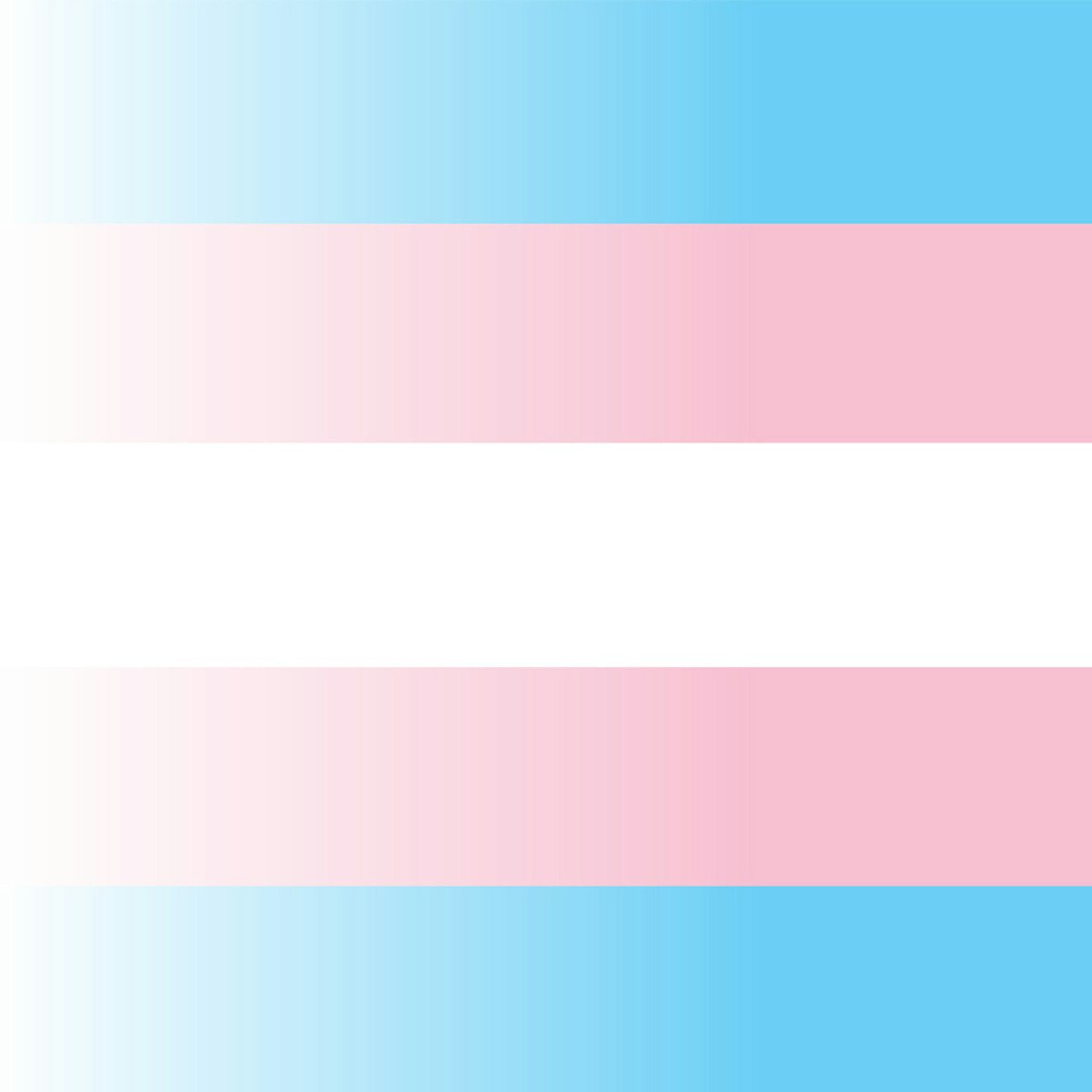
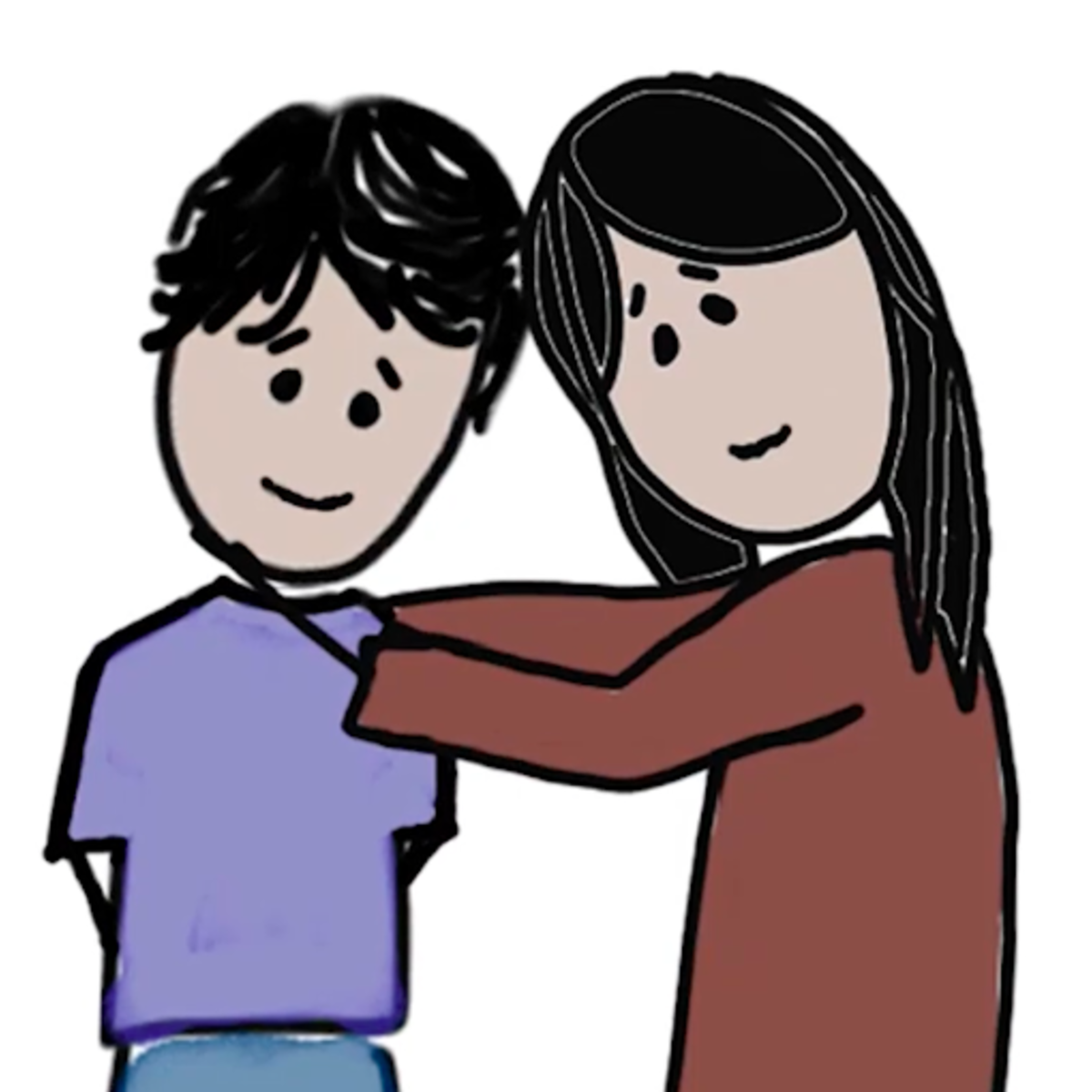
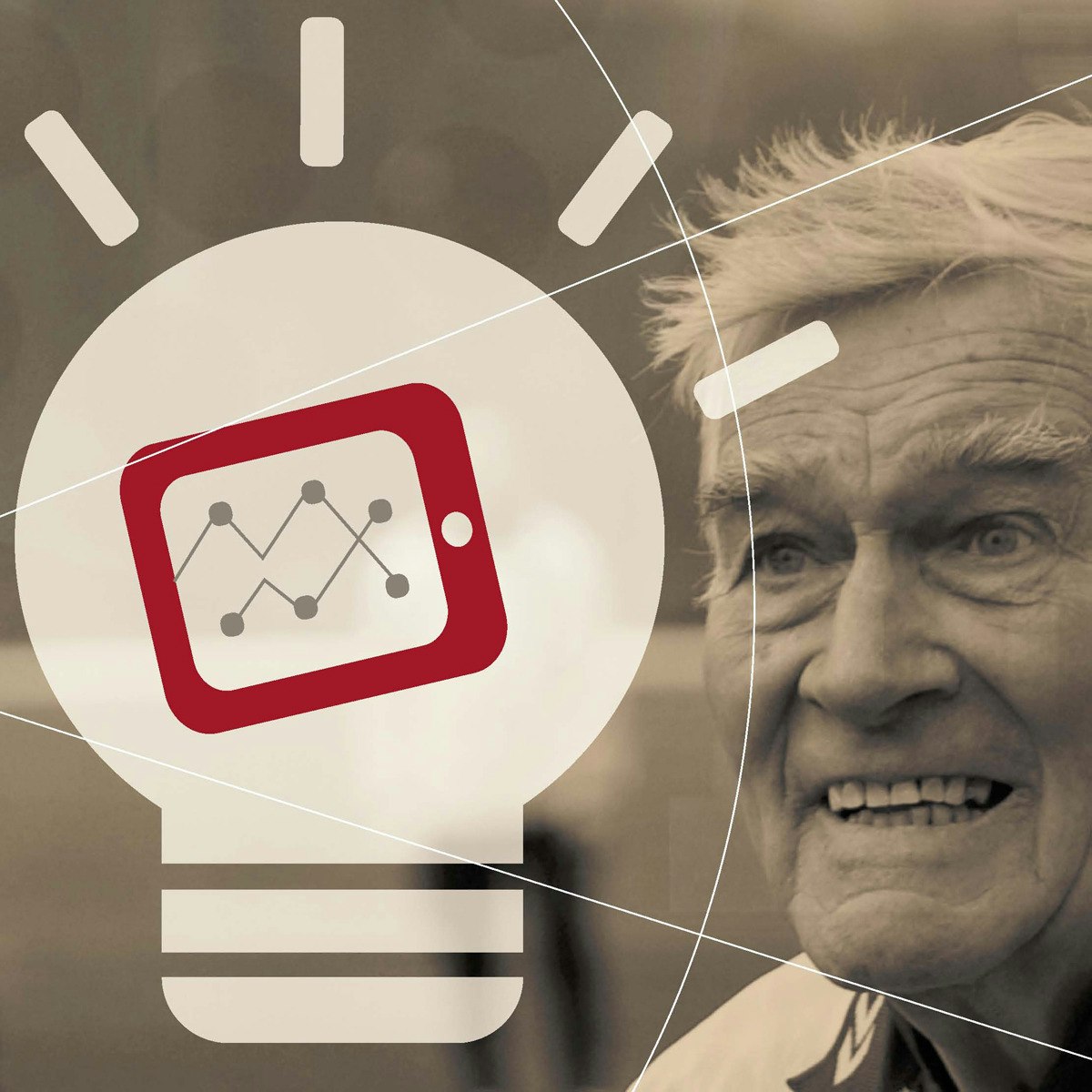

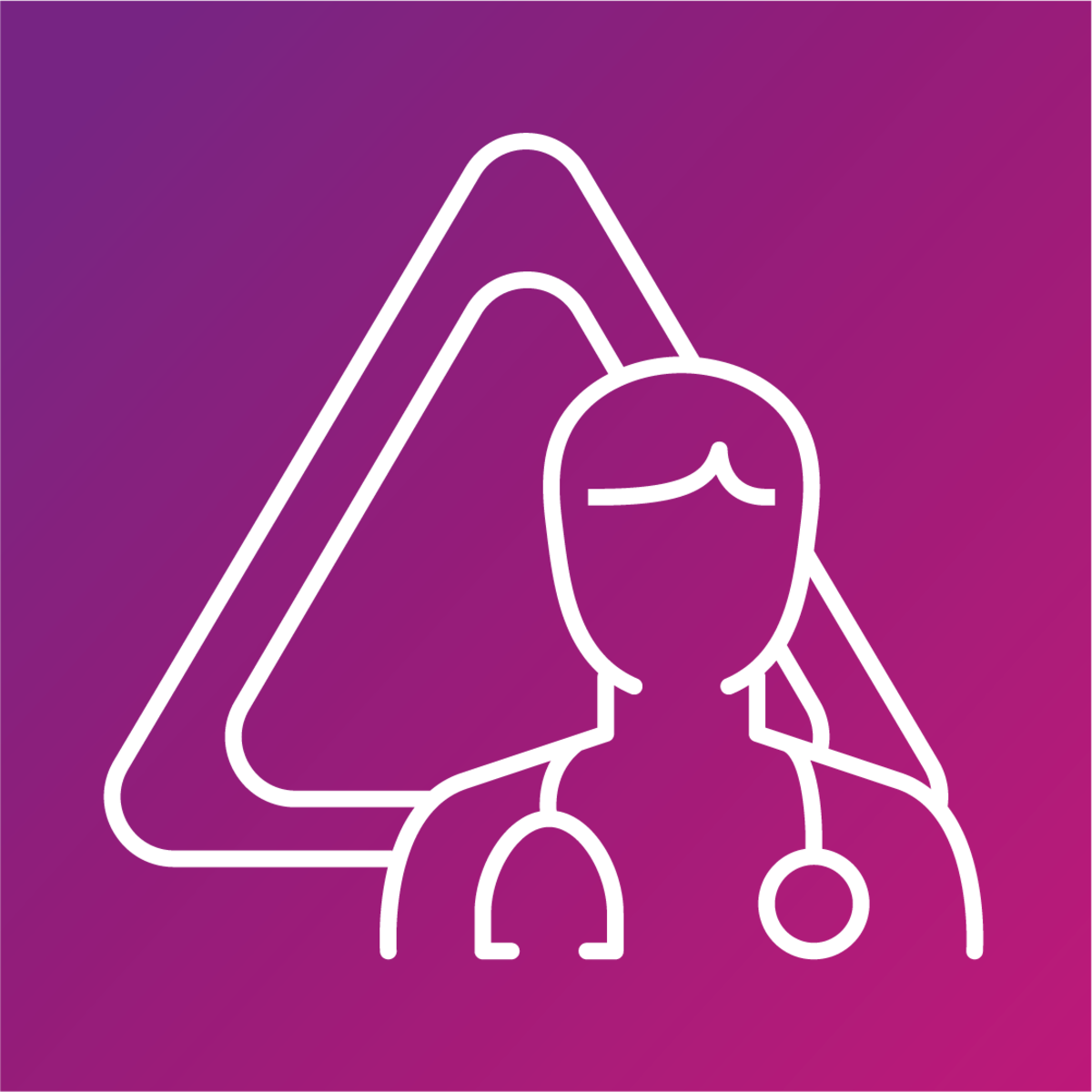
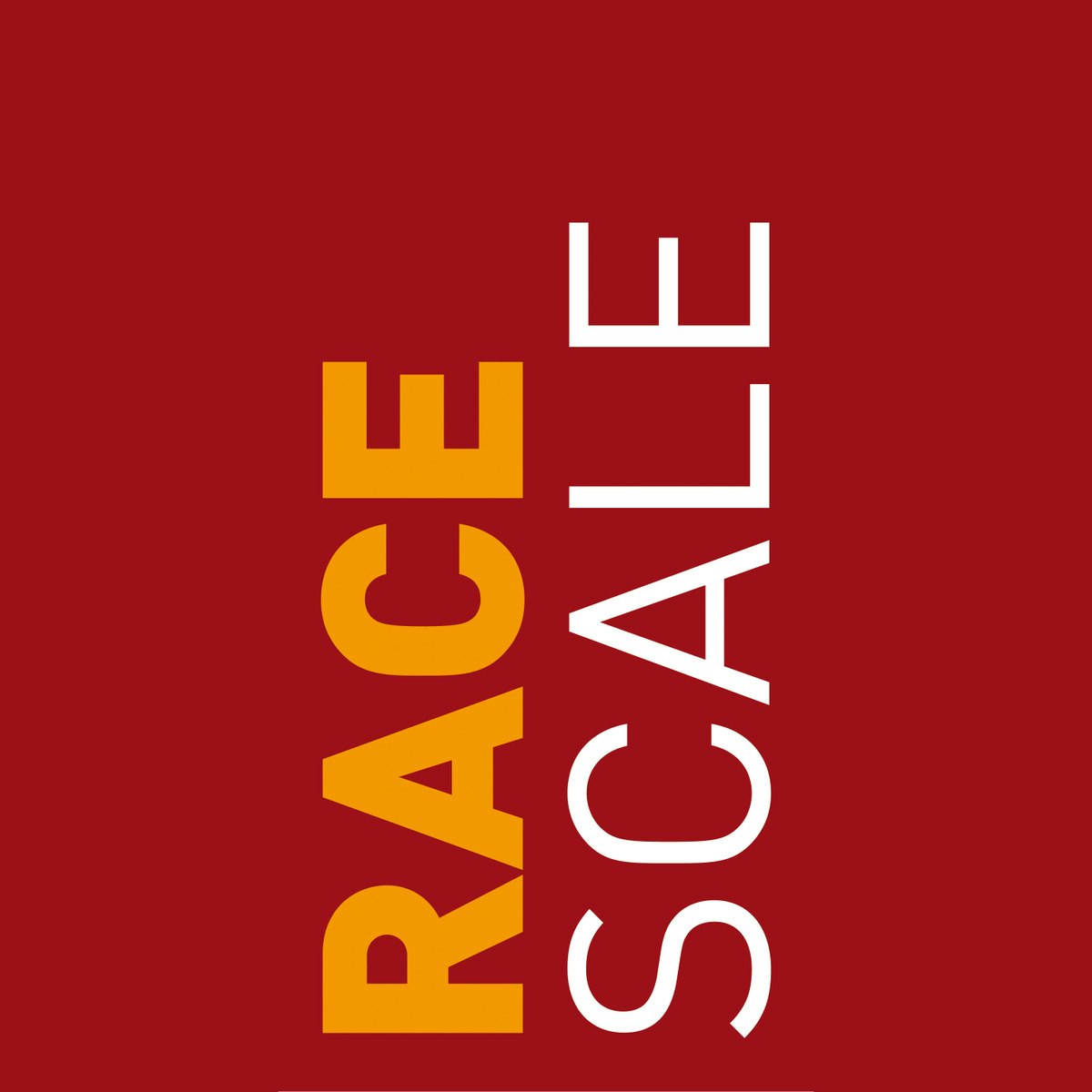
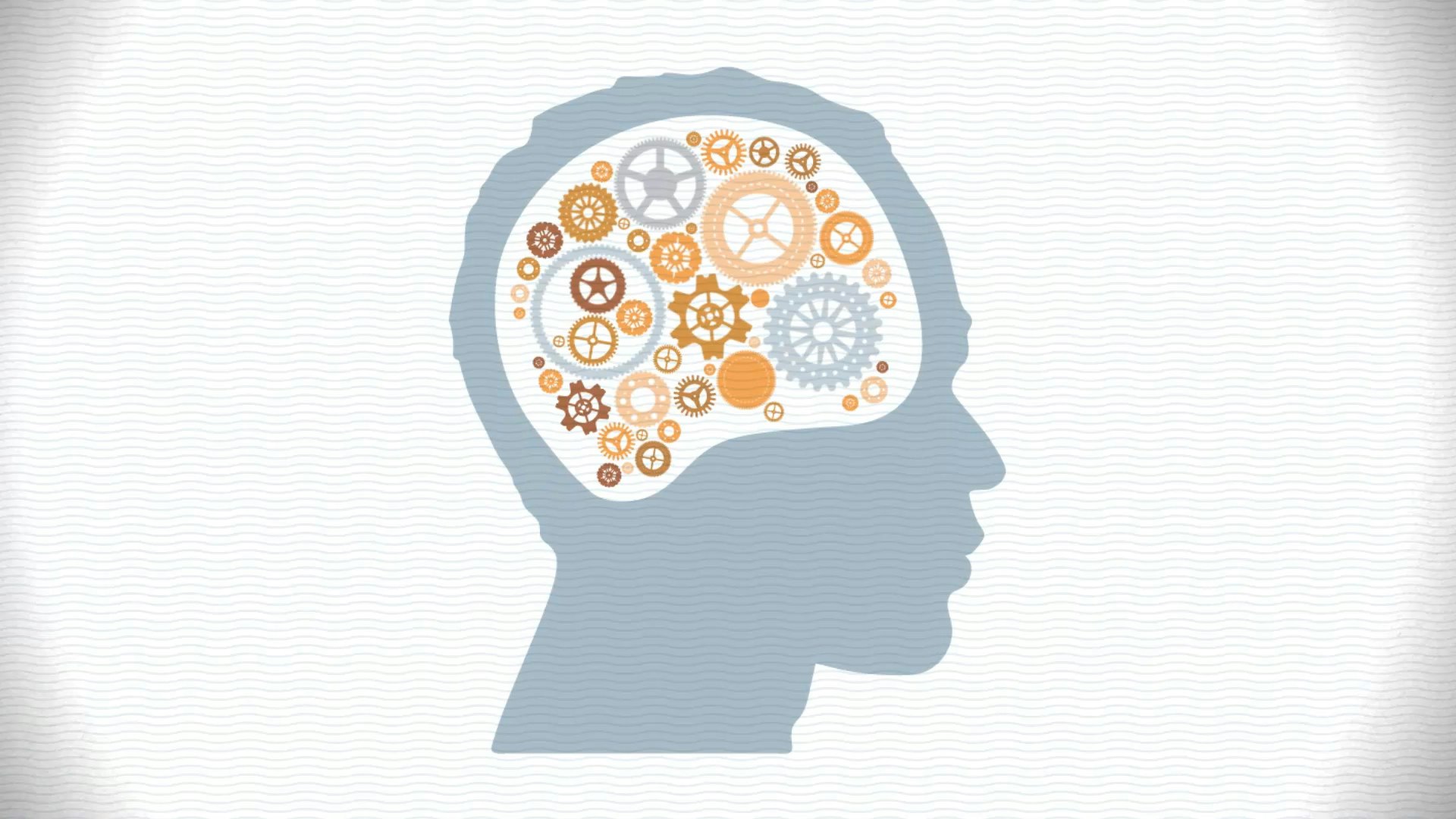
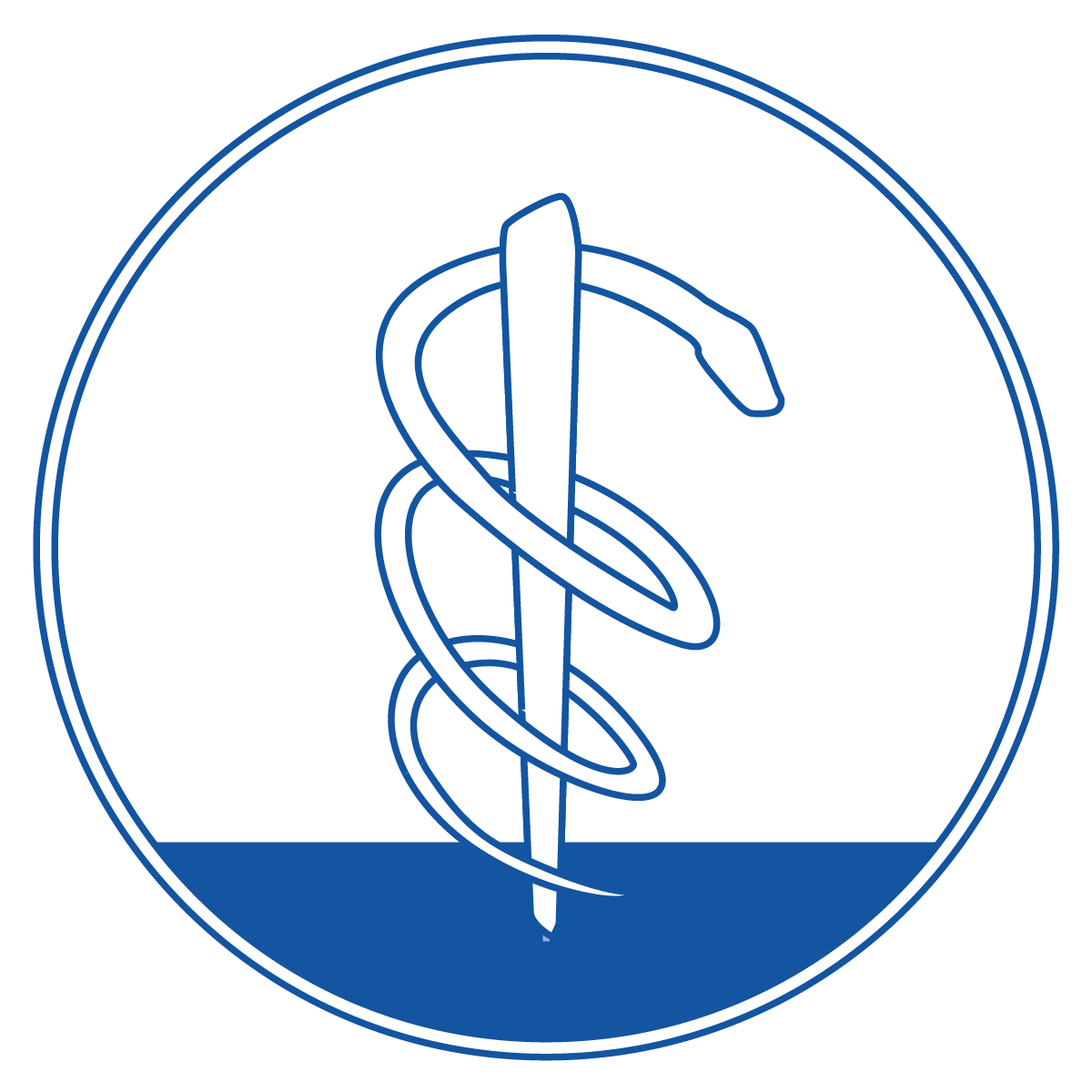
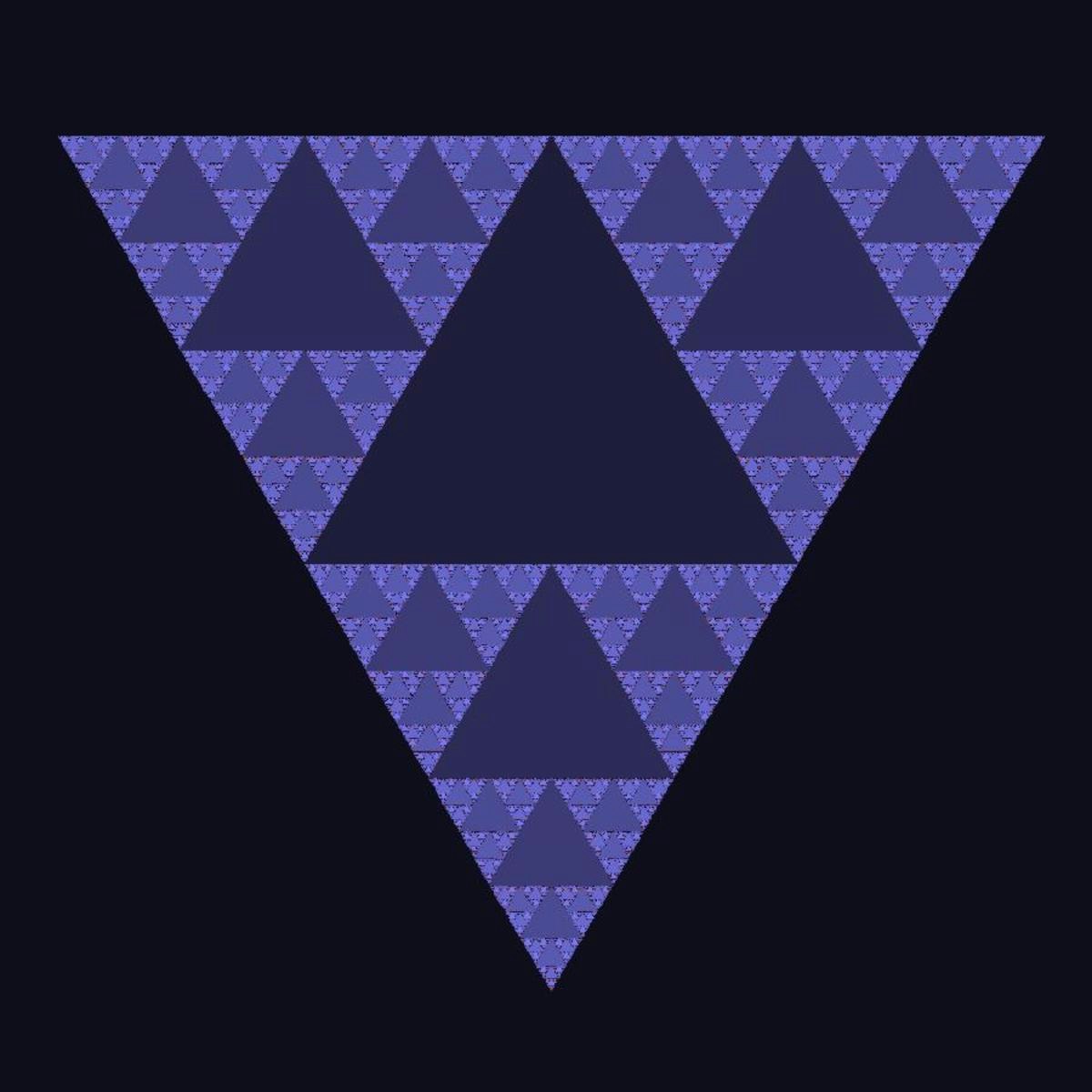
Life Sciences Courses - Page 36
Showing results 351-360 of 644

Social Determinants of Health: Vulnerable Populations
This second of five courses focuses on how social determinants of health affects vulnerable populations. Focusing on four groups of vulnerable populations, students will examine how social determinants of health contribute to the poor health outcomes experienced by these populations. The topics of this course include:
1. Poverty
2. Women’s Health
3. Gender and LGBTQI+ Health
4. Family Health
5. Data Applications: t-test Analysis and Box Plot Visualization

Transgender Medicine for General Medical Providers
The course is a comprehensive set of didactic lectures surveying fundamentals of transgender medical and surgical treatment. The material is meant to provide the student with core knowledge that is essential for current primary care providers caring for transgender patients.
There are 10 modules led by the expert clinical faculty from the pioneering Center for Transgender Medicine and Surgery, located within the Mount Sinai Health System and the Icahn School of Medicine at Mount Sinai in New York City.
The course begins with an introduction to frame the sea change that has taken place in the current medical practice of transgender health care. Subsequent modules allow individuals to learn key elements necessary to provide quality transgender medical care. As a whole, the modules provide an opportunity to develop a knowledgeable approach to behavioral health, primary care, hormone therapy, and the surgical options.
Module 1: Introduction - Joshua D Safer
Module 2: Making the Determination - Hansel Arroyo
Module 3: Primary Care for Transgender Women - Zil Goldstein
Module 4: Primary Care for Transgender Men - Zil Goldstein
Module 5: What are the Essential Strategies to Transgender Hormone Therapy? - Joshua D Safer
Module 6: Initiation and Maintenance of Hormones for the Trans Masculine Patient - Joshua D Safer
Module 7: Initiation and Maintenance of Hormones for the Trans Feminine Patient -Joshua D Safer
Module 8: Transgender Surgery: Chest & Face - Bella K Avanessian
Module 9: Transmasculine Genital Surgery - Bella K Avanessian
Module 10: Transfeminine Genital Surgery - Bella K Avanessian

Health Across the Gender Spectrum
This course offers an intimate, story-based introduction to the experiences of six transgender children and their families. Through illustrated stories and short teaching videos, learners will gain a better understanding of gender identity and the gender spectrum. Stanford physicians, K-12 educators, and transgender faculty members offer practical tips for parents, teachers, healthcare providers and anyone who wants to help create a more gender-expansive environment - one in which all people can live authentically. As a global community of unique individuals, we can begin to build a world that is ready to nurture and love each and every child.
Due to the sensitive nature of the story-based course content, we have chosen not to offer course certificates for this course. Simply put, we feel that the thoughts, ideas and sentiments of these remarkable children and their families... are priceless. We are confident that, like us, you will end up learning more from them than you could ever imagine. Together, we can lay a stronger foundation for all children. Join us as we explore health, across the gender spectrum.
Additional note: When submitting answers to quizzes, you may be asked to enter your "full legal name". This feature is primarily for verification purposes for courses that offer a certificate on Coursera, so it does not really apply to this course. We recognize that, for some individuals the name they use does not match the one on their legal documents. Please feel free to enter the name you normally use in these boxes.

Business Models for Innovative Care for Older People
Aging has been coined as one of the major societal challenges. The fact that we simply live longer, is in itself not a problem but rather a triumph. However, this unprecedented demographic change significantly affects individual life histories through an increased number of e.g. lifestyle related chronic diseases. These extra life years, also have a massive imprint on the organization of welfare institutions and the financial sustainability of the welfare system.
This course will introduce you to healthcare innovation within the field of healthy living and active aging. By following two specific cases on diabetes and rehabilitation, this interdisciplinary course will provide you with key theories, tools and concepts for analyzing and developing viable innovative solutions for aging populations. The lectures will cover demographic, biological, economic, social and cultural aspects of active aging and healthy living, along with lectures on current innovation theories and methods.
During the course you will meet leading researchers and experts from among others: University of Copenhagen, Copenhagen Business School, Steno Diabetes Center in Copenhagen and Erasmus University of Rotterdam.
They work with very different aspects of active aging and healthy living, from biomedicine to digital design, but what ties them together is the belief that an interdisciplinary approach to healthcare innovation will benefit the aging population.
The course is part of the EIT Health Campus programme https://www.eithealth.eu/campus.
We hope you will enjoy this course and equip yourself to take a more professional approach to healthcare innovation.

Introduction to Psychology
This course will highlight the most interesting experiments within the field of psychology, discussing the implications of those studies for our understanding of the human mind and human behavior. We will explore the brain and some of the cognitive abilities it supports like memory, learning, attention, perception and consciousness. We will examine human development - both in terms of growing up and growing old - and will discuss the manner in which the behavior of others affect our own thoughts and behavior. Finally we will discuss various forms of mental illness and the treatments that are used to help those who suffer from them.
The fact of the matter is that humans routinely do amazing things without appreciating how interesting they are. However, we are also routinely influenced by people and events without always being aware of those influences. By the end of this course you will have gained a much better understanding and appreciation of who you are and how you work. And I can guarantee you that you'll learn things that you'll be telling your friends and family about, things that will fundamentally change the way you think of yourself and others. How can you resist that?!

Health Systems Development: A Focus on Health Service Delivery and Human Resources for Health
This specialization is intended for people interested in health systems and how they function. Participants will learn about the global health systems landscape and the challenges and opportunities to achieve better health outcomes.
This specialisation is divided into three courses which are offered as massive online open access courses (Courses 1-3), and a fourth course which is offered as part of the Online MPH degree (capstone). The Health Systems Development specialisation is geared toward learners who have no prior knowledge of health systems or those who are starting to explore this area of study. Overall, sessions in this specialisation span 16 week with approximately 96 hours of viewing learning materials per week. Formative assessments in the form of quizzes and activities are incorporated throughout the weeks to help learners gauge their level of depth of understanding and to prepare them for their summative assessments.
Participants will have the opportunity to explore a range of areas within health systems.
The first course will introduce the main building blocks of health systems and shed some light on key components of well-functioning health systems including how health system performance is assessed.
In course two, students will learn how to conduct a health impact assessment and how to assess the impacts of policies, plans and projects, as well as how that support decision-makers make choices regarding alternatives and improvements to prevent disease or injury and to actively promote health.
The third course explores human resources for health and service delivery. In this course, students will learn about and analyse country experiences in transforming health services delivery, and interventions and to address human resources for health challenges at a global level.
By the end of this specialisation, learners should be able to identify key components of, and critically compare, different health systems; analyse country experiences in transforming services; and apply theoretical framework for assessing the health impacts of policies, plans and projects.

Prehospital care of acute stroke and patient selection for endovascular treatment using the RACE scale
Acute stroke is a time-dependent medical emergency. In acute ischemic stroke, the first objective is to restore brain flow using sistemic thrombolytic treatment and, in patients with large vessel occlusion, by endovascular treatment. In hemorrhagic stroke there are also specific treatments that can improve the clinical outcome.
The sooner the initiation of all these therapies the higher the clinical benefit. Thus, the organization of Stroke Code systems coordinated between emergency medical systems and hospitals is crucial to achieve early medical attention and treament.
Neurological scales facilitate stroke recognition at both hospital and pre-hospital levels and provide valuable information of stroke severity. The RACE scale is a prehospital scale validated as a tool to identify patients with suspected large vessel occlusion who are potential candidates for endovascular treatment.
This course aims to update general knowledge in acute stroke and currently available treatments, to review the protocol
of the Stroke Code and, finally, to train in the use of the RACE scale.
The target profile of this course is aimed to all health professionals working in the field of emergencies.

Psychology of Popularity
The level of popularity you experienced in childhood and adolescence is still affecting you today in ways that you may not even realize. Learn about how psychologists study popularity and how these same concepts can be used in adulthood to be more successful at work, become better parents, and have a happier life.

EMT Foundations
In this course, you will get a thorough introduction to the emergency medical services system, and learn the foundation components to how it works as a whole. You will also learn the nuts and bolts of becoming a healthcare provider, and gain some basic knowledge about the human body. By the end of the course, you will be able to 1) understand the history and components of the EMS system, 2) speak the language of medicine with basic medical terminology, as well as have an understanding of basic human anatomy, 3) understand the different types of communications and how they are specific to EMS, 4) take vital signs and master the normal from the abnormal, and 5) master personal and scene safety, and begin the process of patient assessment.

Emergent Phenomena in Science and Everyday Life
Before the advent of quantum mechanics in the early 20th century, most scientists believed that it should be possible to predict the behavior of any object in the universe simply by understanding the behavior of its constituent parts. For instance, if one could write down the equations of motion for every atom in a system, it should be possible to solve those equations (with the aid of a sufficiently large computing device) and make accurate predictions about that system’s future.
However, there are some systems that defy this notion. Consider a living cell, which consists mostly of carbon, hydrogen, and oxygen along with other trace elements. We can study these components individually without ever imagining how combining them in just the right way can lead to something as complex and wonderful as a living organism! Thus, we can consider life to be an emergent property of what is essentially an accumulation of constituent parts that are somehow organized in a very precise way.
This course lets you explore the concept of emergence using examples from materials science, mathematics, biology, physics, and neuroscience to illustrate how ordinary components when brought together can collectively yield unexpected, surprising behaviors.
Note: The fractal image (Sierpinkski Triangle) depicted on the course home page was generated by a software application called XaoS 3.4, which is distributed by the Free Software Foundation under a GNU General Public License.
Upon completing this course, you will be able to:
1. Explain the difference in assumptions between an emergent versus reductive approach to science.
2. Explain why the reductivist approach is understood by many to be inadequate as a means of describing and predicting complex systems.
3. Describe how the length scale used to examine a phenomenon can contribute to how you analyze and understand it.
4. Explain why the search for general principles that explain emergent phenomena make them an active locus of scientific investigation.
5. Discuss examples of emergent phenomena and explain why they are classified as emergent.
Popular Internships and Jobs by Categories
Find Jobs & Internships
Browse
© 2024 BoostGrad | All rights reserved